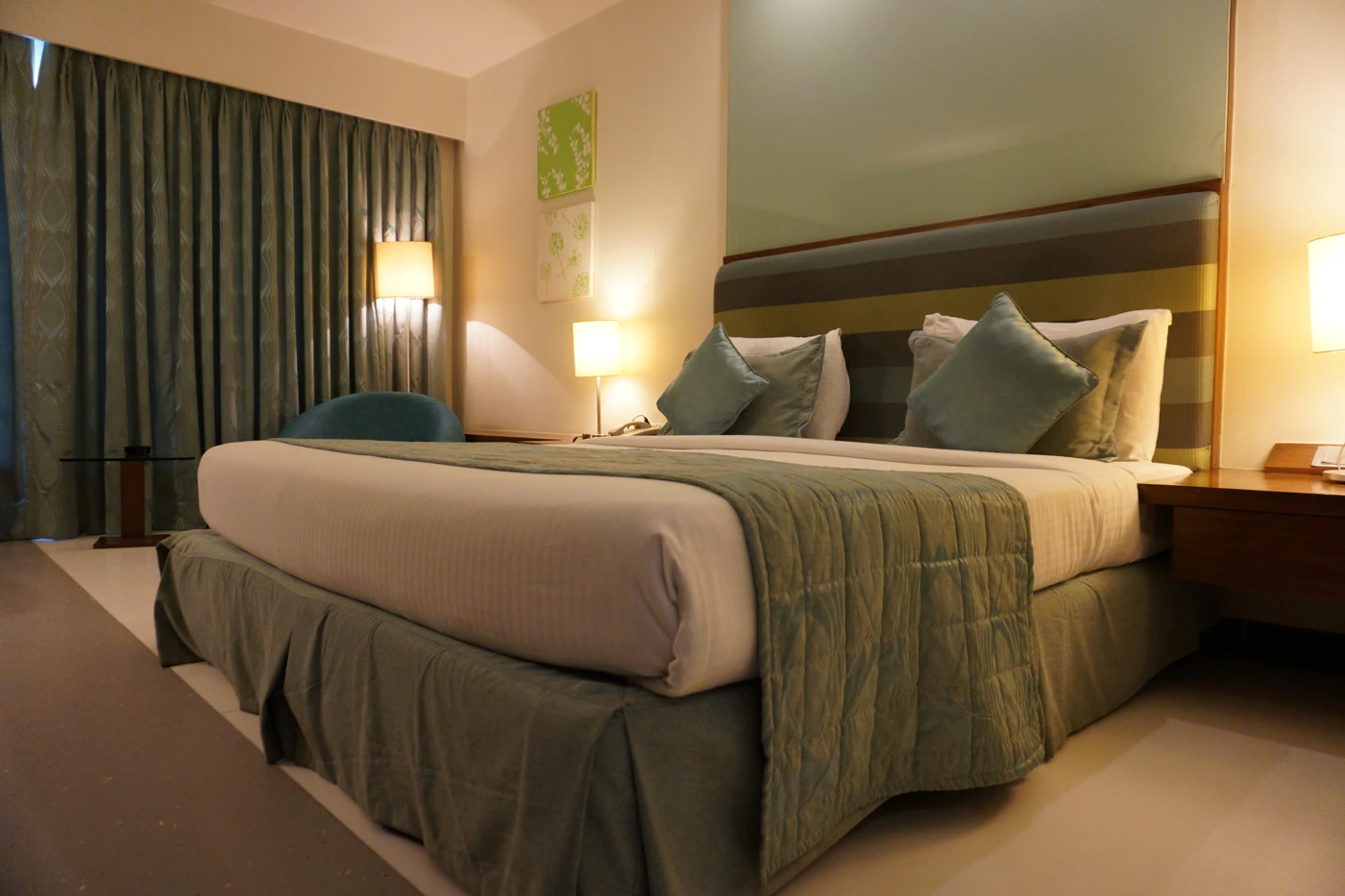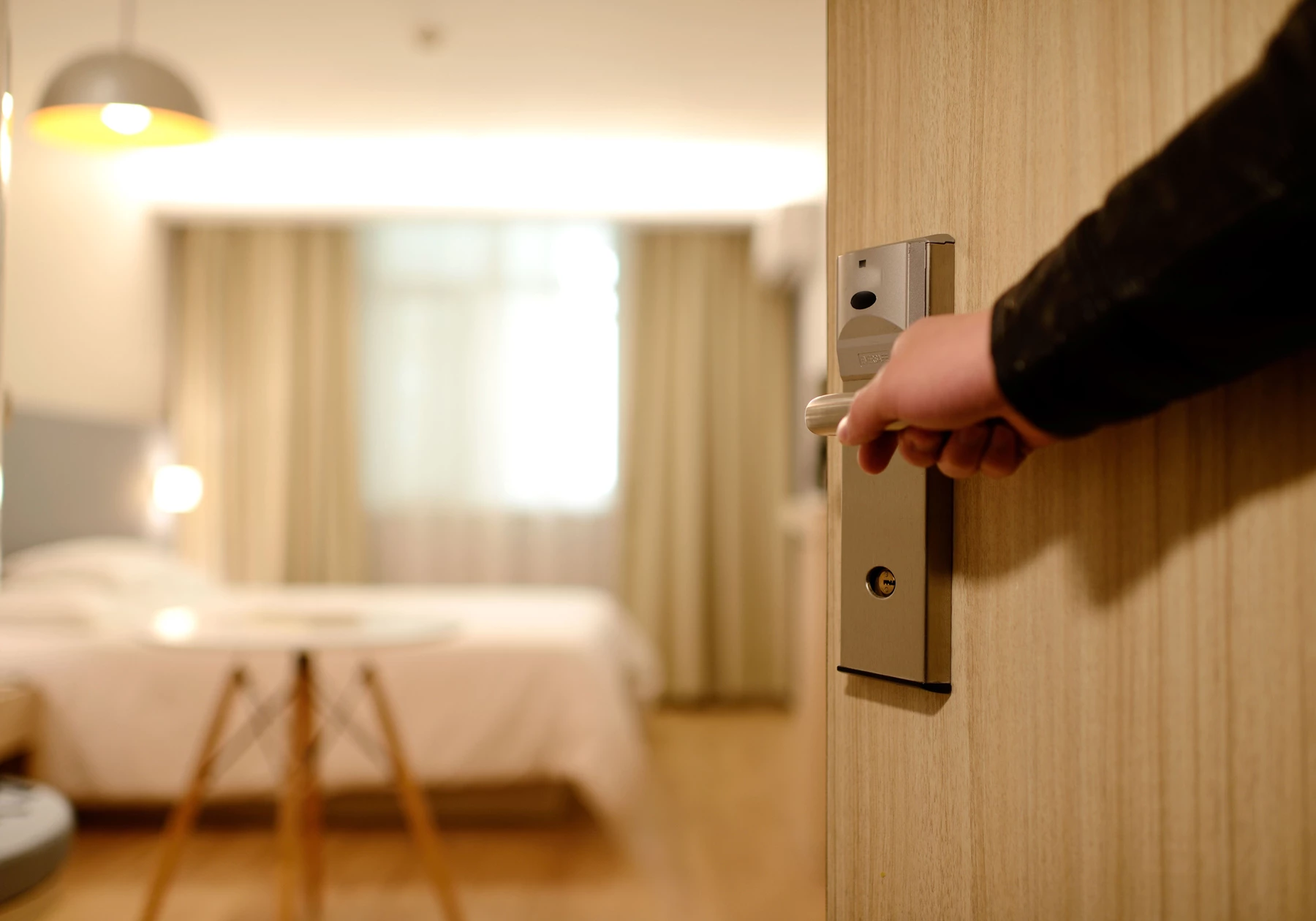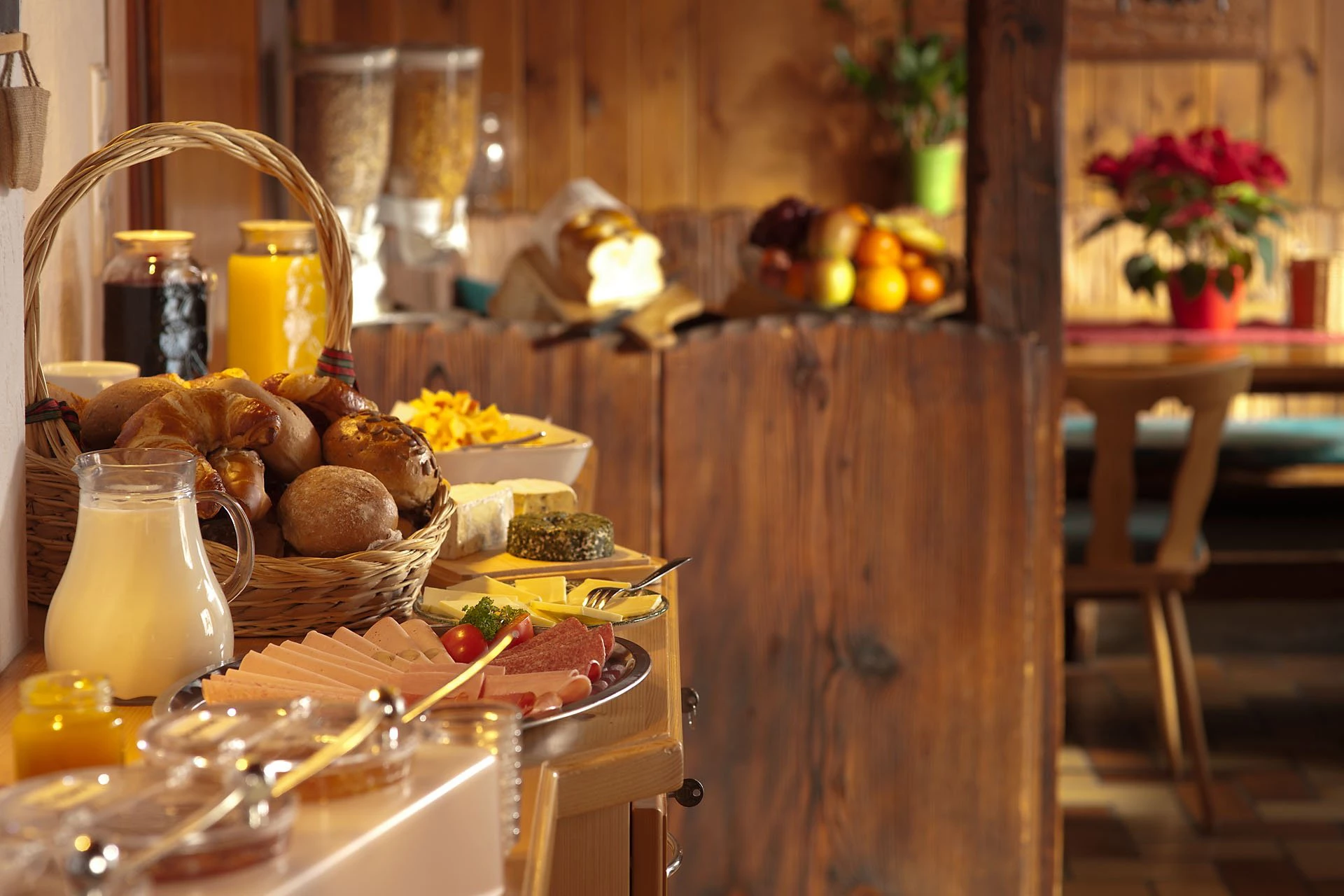16/12/2020 | Category: Commercial Insurance
8 ways hotels will change after COVID-19
Prior to 2020, the concept of the “new normal” never really existed – but here we are, dealing with the effects of a pandemic, which are likely to be with us for a long time after the restrictions end.
The hospitality industry has had to adapt to the new normal more than most or face never truly recovering from this unprecedented event. An event which has seen hotels in the UK forced to shut down for a period of months – unheard of before this all started back in December 2019.
While the government has helped support businesses through this crisis with financial measures such as the furlough scheme – designed to help people who couldn't do their jobs and prevent mass redundancies – these are drawing to an end, meaning hotels must now do everything they can to get guests back through the door and recover some revenues.
Protecting your business starts with having the right commercial insurance but what else can you do?
McKinsey says “there is no one right response for everyone” but suggests there are general guidelines that can be applied to all hotels – they are:
· To care for your employees, staying engaged with them throughout the pandemic and doing everything within your power to keep them safe and confident.
· To manage customer expectations and understand that they will evolve as time goes on, adapting accordingly.
· To act swiftly on any health and safety concerns.
· To revise your commercial strategy in line with the new normal.
· To align with the shift away from buying things to buying experiences.
But what do those overarching guidelines look like in practice? In this article, we’ll examine the specific ways hotels are having to change to accommodate COVID-19 – and consider whether any of the adaptations might become the norm.
1. Greater protection
What COVID-19 has done is show everyone – not just hotels – how difficult it is to predict the future. You can assume you’re aware of all the risks to your hotel, only for something to come out the blue and put the future of your business in jeopardy.
So, it’s time to take another look at your commercial hotel insurance and make sure that your cover is as comprehensive as it can be. At Insurance Choice Commercial, we’ve been arranging commercial insurance policies for over 20 years, specialising in tailored hotel, pub and restaurant insurance policies to meet your individual needs.
What changes will remain?
Hotel owners will review their insurance needs more regularly. Business interruption can be caused by all manner of risks – from problems with the actual building to stock, staff and more – so it makes sense to double check your policies and talk with specialist insurers like Insurance Choice Commercial, who can offer comprehensive protection.
2. Cleaning and sanitisation
Ever since COVID-19 became a persistent problem in the UK, the message from both scientists and the government has been to clean and sanitise. With the virus able to live for days on certain surfaces, not only is it crucial that everyone regularly washes their hands, objects need to be disinfected, too – this is clearly something that all hotels have had to bear in mind as they re-welcome guests.
Cleaning processes and procedures have had to be intensified in terms of frequency and the materials used to clean large spaces. While bed sheets, towels and the like can be easily laundered and sanitised, it’s much more difficult to clean every single surface and object in a room or restaurant, especially when they’re in frequent use.
The UK government has provided extensive guidance for hotels on keeping their site clean, which includes advice such as ensuring there is more frequent cleaning of objects and surfaces that are touched regularly (including door handles, lift buttons or switches) and maintaining good ventilation wherever possible.
Hand sanitiser should also be provided throughout the site so guests can easily maintain good hygiene. It’s also a clear sign that a hotel is taking cleaning and sanitisation seriously – and it’s as much about inspiring confidence in customers right now as it is about fighting the virus.
Will these changes remain?
Hotels are settling new standards for cleanliness and hygiene. With people becoming so accustomed to sanitising their hands upon entry into an establishment, could sanitisation stations become the norm? Even once COVID-19 is eradicated, it would help keep other viruses and bacteria out of the hotel setting.
3. Socially distant check-in
As we all try to reduce our physical contact with people in order to reduce the spread of the virus, hotels have adopted new digital or automated check-in procedures.
In the age of smartphones, physical greetings are somewhat unnecessary anyway – but they do undoubtedly add a personal touch that is missing with a socially distant check-in.
Some hotels have even managed to find a way around the exchange of keys from one person to another with digital keys on their own apps. It’s also much less likely for a guest to lose their key when it’s on their smartphone.
Not all hotels have digitised their entire check-in process, however, opting instead for the set-up we’ve become accustomed to seeing in supermarkets: front desk partitions, hand sanitising stations and social distancing signage throughout the lobby.
Some hotels require guests to have a temperature check on arrival as an added precaution, but it’s still a little unclear how effective this is in diagnosing someone as unwell.
Will these changes remain?
With many hotels now set up with apps that enable contactless check-in, they are in a position to at least be able to offer guests the option of bypassing staff and going straight to their room. In fact, some hotels offered this prior to the pandemic.
But the personal touch is often a big part of the guest experience. It enables a hotel to make a positive impression on guests as soon as they’ve arrived. Commercially, it’s also an opportunity to upsell to guests, perhaps with a breakfast offer, which guests might be more inclined to ignore on an app.
4. A contactless dining experience
Who doesn’t love a breakfast buffet? Guests can stack up their toast plus all the trimmings as high as they like, all for the prepaid price. But, the nature of a breakfast buffet, with guests having to use their hands and utensils to take their food, means that it’s not COVID-friendly.
Some hotels are trying to find a way around it by having waiters or servers man the buffet and staggering guests to reduce overcrowding around the toaster. However, most are offering individually plated and served breakfast instead for the time being. It’s the same for dinner as well, with trays being utilised to full effect to minimise contact and maintain distance.
With hotel restaurants often having to remove some tables to create distance between guests, the amount of covers that they can do is often reduced, so upselling is crucial.
Into the evening, at the bar, gone are the bowls of peanuts for a little while, to prevent cross-contamination.
What changes will remain?
There’s no doubt about it, as soon as social distancing is no longer required, hotels will look to return to full capacity in their restaurants. It’s essential for the sake of the business.
Breakfast buffets are sure to return, too, as guests love the choice and the freedom they offer. But this might be the end for the bowl of peanuts on the bar.
Commercial insurance can cover a range of risks including public liability and stock.
5. Smart technology
Along with virtual check-ins, digital keys and temperature checks, we’re also seeing new technology to help with enhanced hygiene. Some hotels have introduced electrostatic sprayers which mist disinfectant across receptions and function areas and germ-zapping robots which destroy bacteria and viruses on surfaces and objects using pulsed xenon ultraviolet light.
This technology is taking the pressure off staff who have enough on their plate in normal times without having to think about all these extra measures. With hotels having to wrestle with reduced revenues, they simply cannot employ more people to make their establishment COVID-secure – it’s on the existing workforce to find time for the additional tasks… unless technology can take care of it.
Some hotels have also used the pandemic to take the opportunity to add some smart technology to their rooms – we’re talking smart speakers, smart lighting and smart TVs. By its nature, smart technology doesn’t require guests to pick up a remote – it’s often controlled by voice or a smartphone – which is something they might be a little reticent to do right now.
What changes will remain?
Any investments made in smart technology during the pandemic will be wise because that’s the way the world is moving anyway. People are increasingly adopting smart technology in their homes and will come to expect the same from a hotel stay in the future.
The cleaning technology could also continue to be utilised, taking the pressure off staff and allowing them to focus on their guests.
Remember, if you’re upgrading your hotel at any point, make sure you update your commercial cover.
6. Services
Hotel amenities like pools and gyms have had to change because of the virus, too. Some establishments have chosen not to reopen their additional services due to the extensive and constant cleaning that is required in the current environment.
Those that have reopened their pools, spas and gyms have had to do so in a way that’s safe which means asking guests to book a time slot, to keep numbers down to enable social distancing, as well as all the additional cleaning. Although this might make it harder for guests to get all that they would like from their hotel stay, it might mean they have the sauna all to themselves – so not all bad.
Specifically, hotels with spas have had to be astute on what treatments they offer as some are still not allowed. It’s also meant they’ve had to utilise the job retention scheme intelligently, so that there aren’t therapists being brought back and unable to carry out treatments.
What changes will remain?
It’s hard to imagine any of the adaptations continuing post-COVID. Your average hotel swimming pool doesn’t usually get busy enough to require the booking of individual slots. Meanwhile, hotels would ordinarily track the numbers in their spa to ensure it doesn’t get too busy and impact guests’ enjoyment of the facility anyway.
7. Minimalist décor
Could minimalism become the new trend in interior décor? With some hotels removing unnecessary items like decorative pillows, bed runners, extra hangers and linens to reduce the number of items that would require constant cleaning, this pared-back look might stick.
However, minimalist décor can give a somewhat sanitised feel to a room – ideal for these times but perhaps not quite right for all hotels, especially more traditional ones.
What changes will remain?
Our best advice on whether to embrace the minimalist décor would be to speak to your guests. Get a feel for what they think about the new look – some might like to see the little flourishes and soft furnishings brought back for a cosier vibe.
8. Better communication with guests
Hotels have become a lot better at communicating with their customers over the course of the pandemic – keeping them informed on when they are reopening and what measures they’re taking to combat the virus.
Now it’s about inspiring guests into a stay, using the channels available to you – particularly social media – to engage with them and get them excited, rather than nervous, about staying somewhere that isn’t home.
It’s also a good chance to test out some offers and see what connects with guests. Perhaps you could waive the booking fee so guests won’t be out of pocket if they fall ill and aren’t able to attend? If you can offer upgrades, free welcome packs, discounts or added extras, now is the time to do it. Shout about your offers on your social media channels and ask for positive reviews from guests who have returned to your hotel.
What changes will remain?
Consistent customer communication is key in the hospitality industry, and personalisation will become even more important as we move forwards. The more data you can gather on your guests’ preferences, the more personal you can make their experience – which will hopefully keep them coming back for more.
Protect your hotel with commercial insurance
In these unprecedented times, one of the most important things to check is your commercial insurance cover.
At Insurance Choice Commercial, we’re specialists in finding just the right protection for you and your business. Whether you run a hotel, restaurant or leisure establishment, talk to our friendly team today to see what’s right for you.
Get a quote for commercial hotel insurance today.
Policy benefits, features and discounts offered may very between insurance schemes or cover selected and are subject to underwriting criteria. Information contained within this article is accurate at the time of publishing but may be subject to change.
